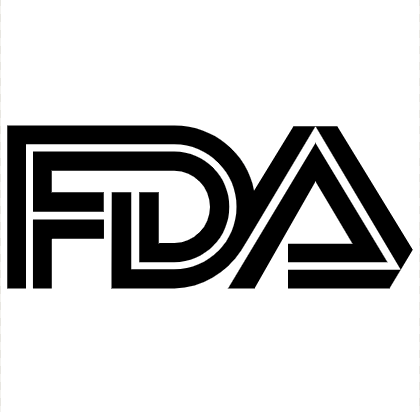FDA Approves Alirocumab for Homozygous Familial Hypercholesterolemia
The PCSK9 inhibitor was linked to 27% mean reduction in LDL-C over 12 weeks.

The US Food and Drug Administration (FDA) approved alirocumab (Praluent) for the treatment of homozygous familial hypercholesterolemia (HoFH) in adult patients.
The indication, granted to Regeneron Pharmaceuticals, provides patients with the rare, genetic condition a PCSK9 inhibitor therapy associated with significant decreases in cardiovascular risk-building low-density lipoprotein cholesterol (LDL-C).
The Drug
Alirocumab is a PCSK9 inhibitor therapy shown to help eradicate LDL-C from treated patients’ bloodstreams and enable fat and cholesterol to be better broken down. Praluent was approved by the FDA as a bi-weekly injection.
The agent was originally approved for the reduction of heart, stroke, and unstable angina risks—or major adverse cardiovascular events (MACE)—in adults with cardiovascular disease in 2015. Since then, it was additionally indicated for the lone or add-on treatment for primary hyperlipidemia.
HoFH
The homozygous form of hypercholesterolemia is characterized by a pair of genetic mutations which alter the body’s ability to clear cholesterol. Its primary effect is extremely high counts of LDL-C, ranging from 500-1000 mg/dL per patient—a four-fold increase in normal levels.
HoFH is associated with premature cardiovascular disease and MACE risk in adolescent and young adult patients. Death by the age of 30 years is a significant risk among under-treated patients.
Currently, 1 in 250,000 individuals is estimated to have HoFH.
FDA Approval
Alirocumab’s approval for HoFH was based on findings from a 12-week, double-blind, randomized trial comparing 45 patients receiving 150 mg therapy every 2 weeks, and 24 patients receiving placebo.
All trial participants were taking additional LDL-C-lowering therapies during the trial.
Investigators sough a primary outcome of percent change in LDL-C from baseline to week 12. At trial’s end, patients treated with alirocumab reported a mean 27% decrease in LDL-C, while patients on placebo reported a mean 9% reduction.
Commonly reported adverse events with alirocumab included nasopharyngitis, injection site reactions, and influenza.